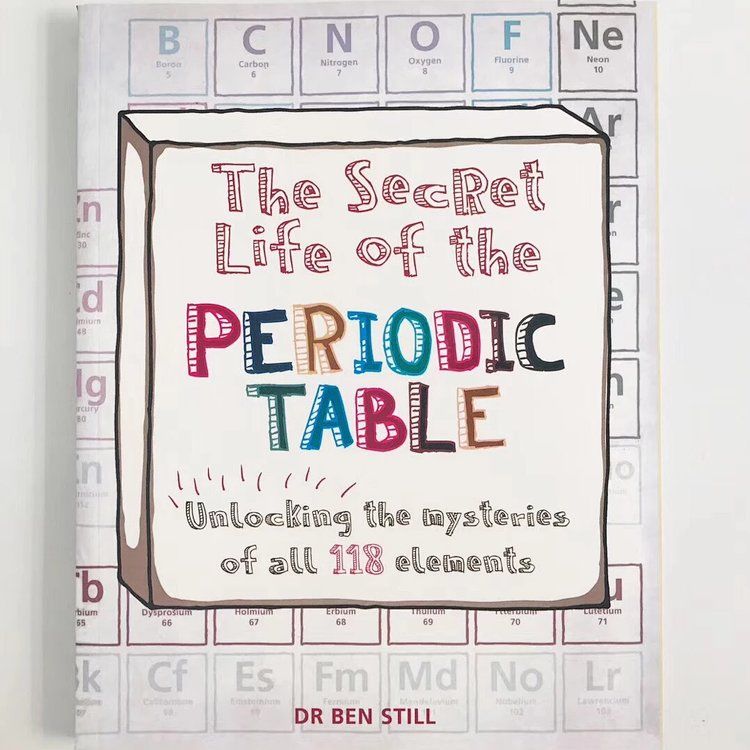The Secret Life of the Periodic Table
uncovers the fascinating stories behind the formulation of the table.
It describes how and who discovered the 118 elements, and the
competition and cooperation behind scientific advances. The character of
the elements is brought to life in a bright and engaging way, making The Secret Life of the Periodic Table
ideal for students and general readers. Spared the monotony of a school
text, they can gain a basic understanding of the fundamentals of atomic
science.
The book covers all 118 elements in 14 chapters. They are:
A brief guide to atomic physics
Igor Mendeleev, arguably the most important formulator of the table, and significant others
Hydrogen
Alkali metals
Alkaline Earth metal
Transition metals
Post-transition metals
Metalloids
Other non-metals
Halogens
Noble gases
Lanthanoids
Actinoids
Transuranium elements.
Each element description includes a fact box showing atomic number,
atomic weight, radius, melting point, boiling point, density, and the
year of its discovery and by whom. There are many sidebars, boxes and
extended captions covering topics of interest, like Ernest Lawrence's
1931 cyclotron, early precursor to the 10-km radius Large Hydron
Collider that he could not possibly have imagined.
There is also
fascinating trivia about the elements. For example, phosphorus was
first isolated by an alchemist's search for gold in urine and in the
1920s, there was a fad for lethal radium cocktails.
The Secret Life of the Periodic Table
is accurate and entertaining, making it a helpful adjunct to student
studies. General readers will find it an enjoyable trip into the world
of chemistry and atomic science. It is an ideal purchase for science,
middle school and general collections.
